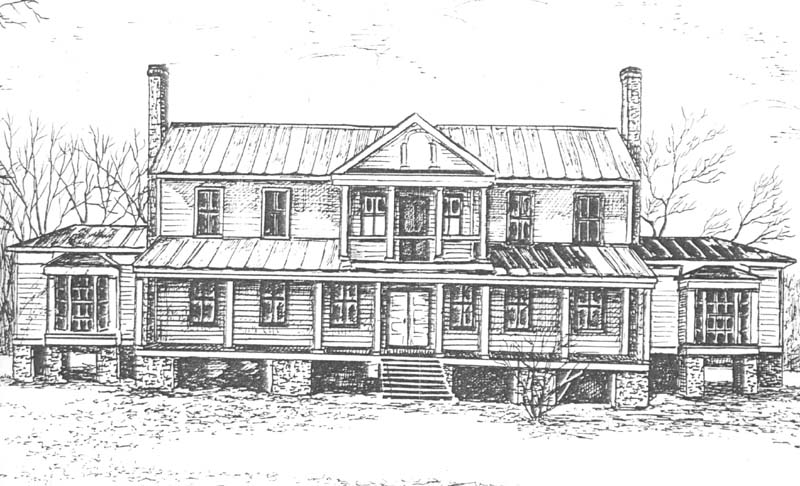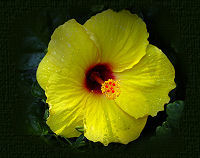|
WILLIAM DUCKENFIELD
 Duckenfield Family
- The second son of Colonel Robert Duckenfield
- Arrived in North Carolina Colony just before June 1683
- Passenger lists show that he was accompanied on the journey by his brother John P Duckenfield
- William's brother, Sir Robert Duckenfield, was the first Duckenfield Baronet
- The uncle of John Duckenfield (son of Sir Robert) Bristol Merchant
- The great uncle of Robert Duckenfield of Jamaica (John Duckenfield's son)
- The uncle of Nathaniel Duckenfield (The first Baronet's son)
- The great uncle of Sir Nathaniel Duckenfield the fifth baronet
 North Carolina
- The first settlers in North Carolina came around 1660 from Virginia
- Had to clear vast tracts of forest to grow tobacco
- Set up trading posts to deal furs, tar, turpentine and pitch
- There were no towns in the area until Edenton developed in the 1690
- William first bought a plot of land on the banks of Little River in Penquimans Precinct were Eden House archaeological site now stands
- He was probably the first person to live on the site and lived there until 1699, when he moved to nearby Salmon Crreek
Duckenfield Map, North Carolina
1577 Map of New England
Roanoake Lost Colony
Roanoake Lost Colony Fort?
- For the first 40 years the settlements in the area had to cope with danger of attack by the Tuscarora Indians and later by Blackbeard who was prowling the seas at this time
- William became a member of the Council on the North Carolina Colony and a JP
- His arrival in North Caroina coincided with that of the hated Governor Seth Sothell
- Who was described as 'the dirtiest knave who ever held office in America'
- The people rose against him in 1688
- Sothell left his property to Francis Hartley and William married Hartley's daughter Susannah Garraway Hartley and hence came into the 4,000 acres of land at Salmon Creek
- in 1702 he conveyed the plantation to his kinsman John Arderne
- in John Ardern's Will he conveyed the land back to William Duckenfield
- The land and plantation were called Dukinfield, but the name was later changed to Avoca meaning where the two rivers meet.

- Sketch of Dukinfield Hall, North Carolina courtesy of the artist Lane Layton
- William died without issue and left his land and estate to his nephew Nathaniel (grandson of the Colonel)
Sources: Archaeological Study of Salmon Creek
The Will of William Duckenfield 0f Chowan county North Carolina 1720
A Southern Gentleman's Estate [New England Magazine. / Volume 15, Issue 6, February 1894]

 |
|
|
|